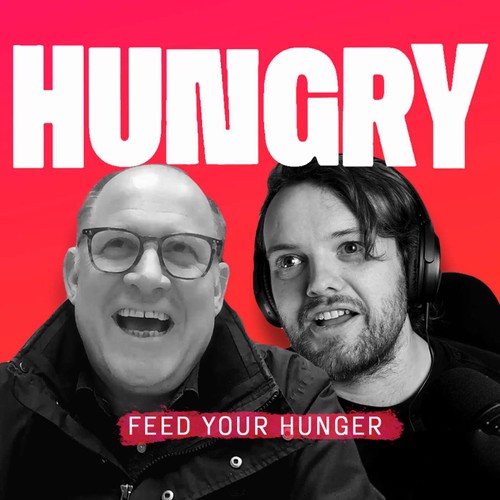
 HUNGRY.
HUNGRY. Henry Dimbleby: How I Built LEON, Business Scars To Avoid & Solving the Obesity Crisis
Jul 7, 2025
Henry Dimbleby, founder of LEON Restaurants and author of 'Ravenous', shares his brilliant insights on tackling the obesity crisis and the complexities of the food system. He simplifies intricate topics like systems thinking and feedback loops, urging listeners to look for systemic changes. Dimbleby discusses the significance of healthy eating nudges, drawing on successful Finnish initiatives, and emphasizes the importance of clarity in communication. Plus, he connects culinary arts to creativity, advocating for teaching cooking to children as a vital skill for healthier futures.
AI Snips
Chapters
Books
Transcript
Episode notes
Complex Food System Feedback Loops
- The food system is a complex network with many interconnected feedback loops affecting consumption, production, and pricing.
- Understanding these feedback loops is crucial to tackling systemic issues like obesity and environmental harm.
Junk Food Cycle Drives Ill Health
- The food system's dominant feedback loop, the 'junk food cycle,' fuels unhealthy eating and business growth simultaneously.
- This cycle exploits our ancient appetite for high-calorie foods, driving obesity and ill health globally.
Break Junk Food Cycle Strategically
- To break the junk food cycle, either change commercial incentives or alter our ancient evolved appetite.
- Effective interventions include advertising restrictions, sugary drink taxes, or new appetite-suppressing drugs.











